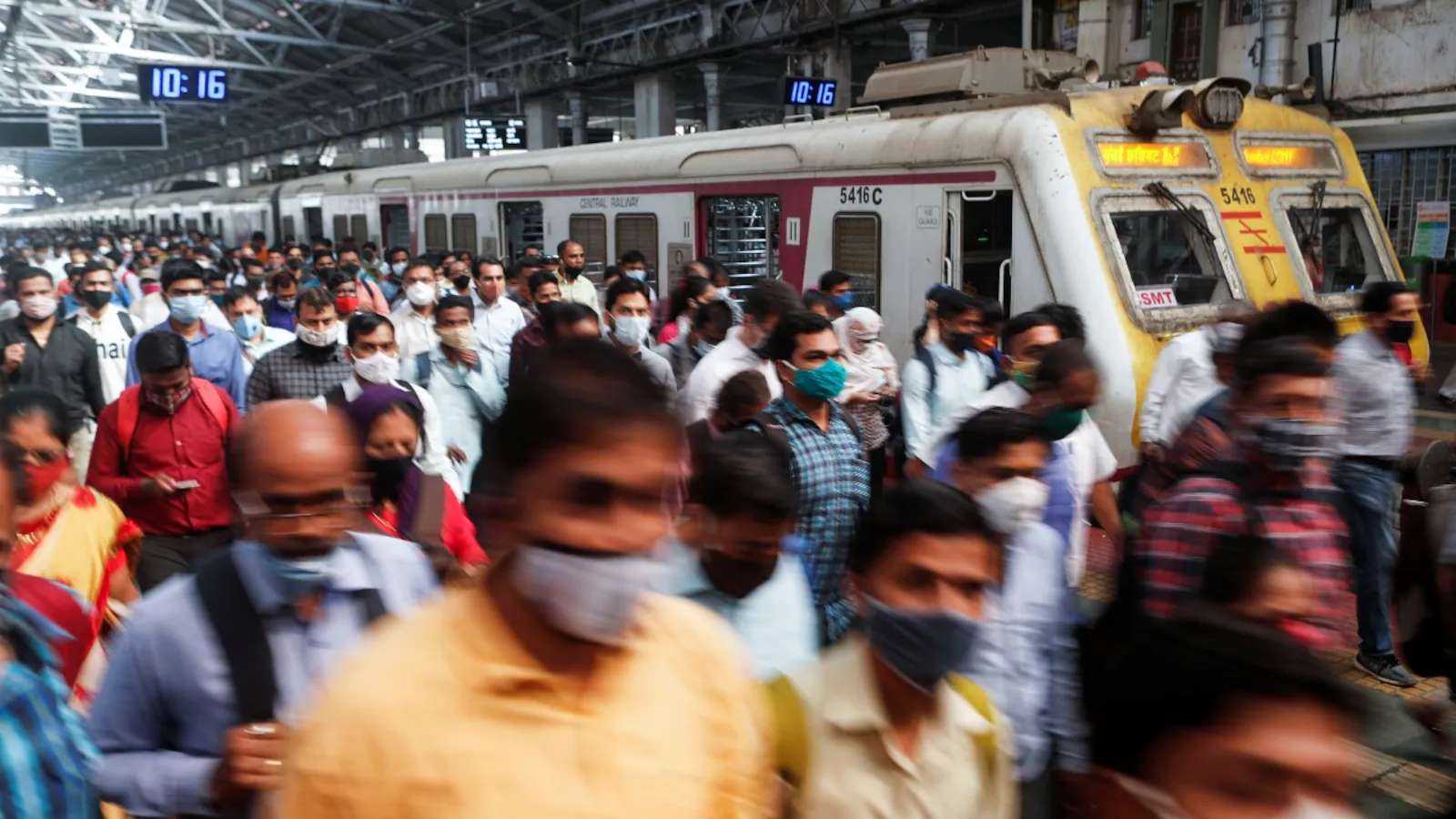Suburban trains and enhance commuter safety, the Maharashtra government has formed a task force to explore staggered office timings for private firms across Mumbai and the Mumbai Metropolitan Region (MMR). This urgent initiative follows a concerning surge in fatalities, with over 7,500 commuter deaths reported in the past three years, underscoring the critical need for innovative urban mobility solutions to foster safer and more sustainable city living.
The decision to implement flexible work schedules comes in the wake of tragic incidents, including five commuter deaths on a single morning in June 2025 between Mumbra and Diva stations. Mumbai’s local trains, serving over 7.9 million people daily, face immense pressure during peak hours, typically from 8 AM to 11 AM and 5 PM to 8 PM, across Western, Central, and Harbour routes. Despite the expansion of metro lines, the expected reduction in train congestion has not materialised, prompting authorities to seek more adaptive strategies to manage the overwhelming commuter load.
To set a precedent, the Maharashtra government has already permitted its own employees to begin work 30 minutes later, with a corresponding delay in evening clock-out, ensuring no change in total working hours. Transport Minister Pratap Sarnaik confirmed this decision in the State Assembly, highlighting the administration’s commitment to lead by example. This pilot phase for government staff will inform the broader rollout, as Central Railway officials have already engaged with nearly 800 companies, urging them to reschedule office timings.
Beyond staggered timings, the government is actively investing in diverse alternative transit methods to decentralise commuter flow. Plans are underway for ropeways, water transport, and innovative pod taxi projects. Land has already been sanctioned for pod taxi projects in the Bandra-Kurla Complex, with proposed extensions to Mira-Bhayander, Navi Mumbai, and Thane. These automated, elevated electric vehicles, often termed Personal Rapid Transit (PRT), promise a controlled, congestion-free alternative, aligning with the vision of zero net carbon, eco-friendly urban mobility.
The persistent tragedy of rail deaths, with over 46,969 fatalities on tracks over 15 years, underscores the urgency of these measures. While platform upgrades, escalators, and footbridges have been implemented, core safety gaps, such as the introduction of closed-door coaches and comprehensive boundary walls, remain under-addressed. The proposed introduction of automatic doors in local trains, currently under discussion with the Railway Ministry, without a fare hike, demonstrates a commitment to prioritising commuter safety and building a truly gender-neutral and equitable urban transport system that serves the well-being of all citizens.
Also Read: Patna Metro Receives First 3 Coach Trainset Boosting Priority Corridor Launch


